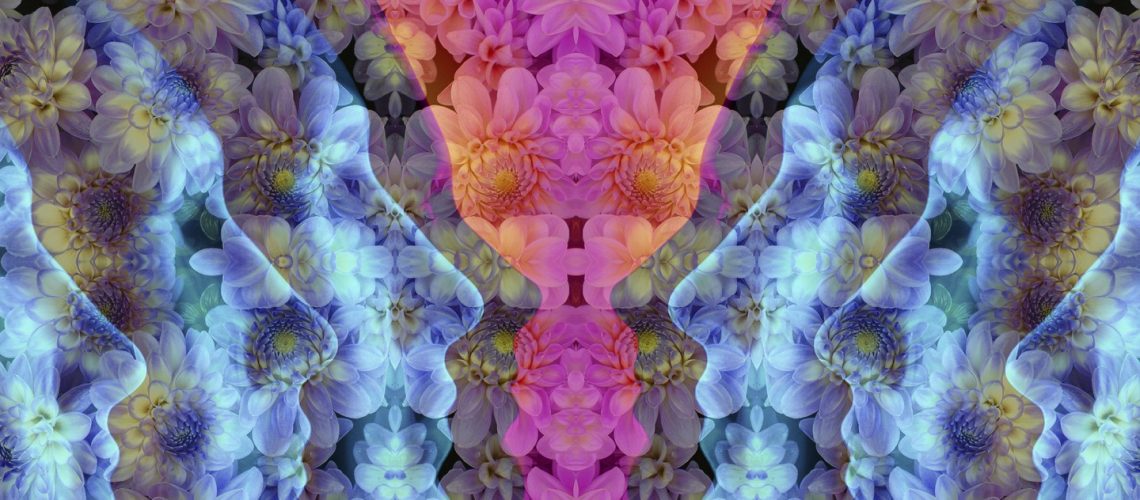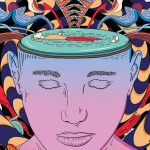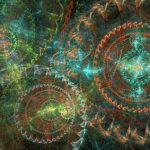We believe that addiction researchers worldwideshould be interested in these developments, for severalreasons. First, there are indications that psychedelic-assisted therapies might be effective in improving successrates in the treatment of substance use disorders. It ishypothesised that the mechanism of action might involvemystical states that have been shown to be reliablyproduced in an RCT of psilocybin [13]; the personalsignificance of these effects was maintained at 14 monthfollow up [14], including positive changes in personality[15]. The neurological basis of these effects is proposedto be a reduction of bloodflow in the default modenetwork [3]. In an open-label trial of 15 people examin-ing psilocybin-assisted psychotherapy for the treatmentof tobacco addiction, 80% of participants remained absti-nent at 6 month follow up [16]. In contrast, an RCT of varenicline [17], the most efficacious pharmacotherapyfor smoking cessation [18], found that only 25.5% ofparticipants were abstinent at 12 months. This team atJohns Hopkins University has just published the resultsof a survey of 358 people who reported that psychedelicdrugs had helped them quit smoking and 74% hadabstained for more than 2 years [19]. Consequently, thisteam is initiating an RCT of psilocybin-assisted psycho-therapy for smoking cessation involving 40 participants[20]. Meanwhile, a proof-of-concept study has found thattreatment of alcohol dependence with psilocybin-assistedpsychotherapy yielded similarly impressive effects [21].This team at New York University is now undertakingan RCT of 180 people that includes functional magneticresonance imaging scanning [22].
Read full journal here. https://drive.google.com/file/d/1jxcIdq5cOsNQfVxx46bI7Gj31qJi5NXk/view?usp=sharing
Image by images etc ltd getty via The Atlantic





